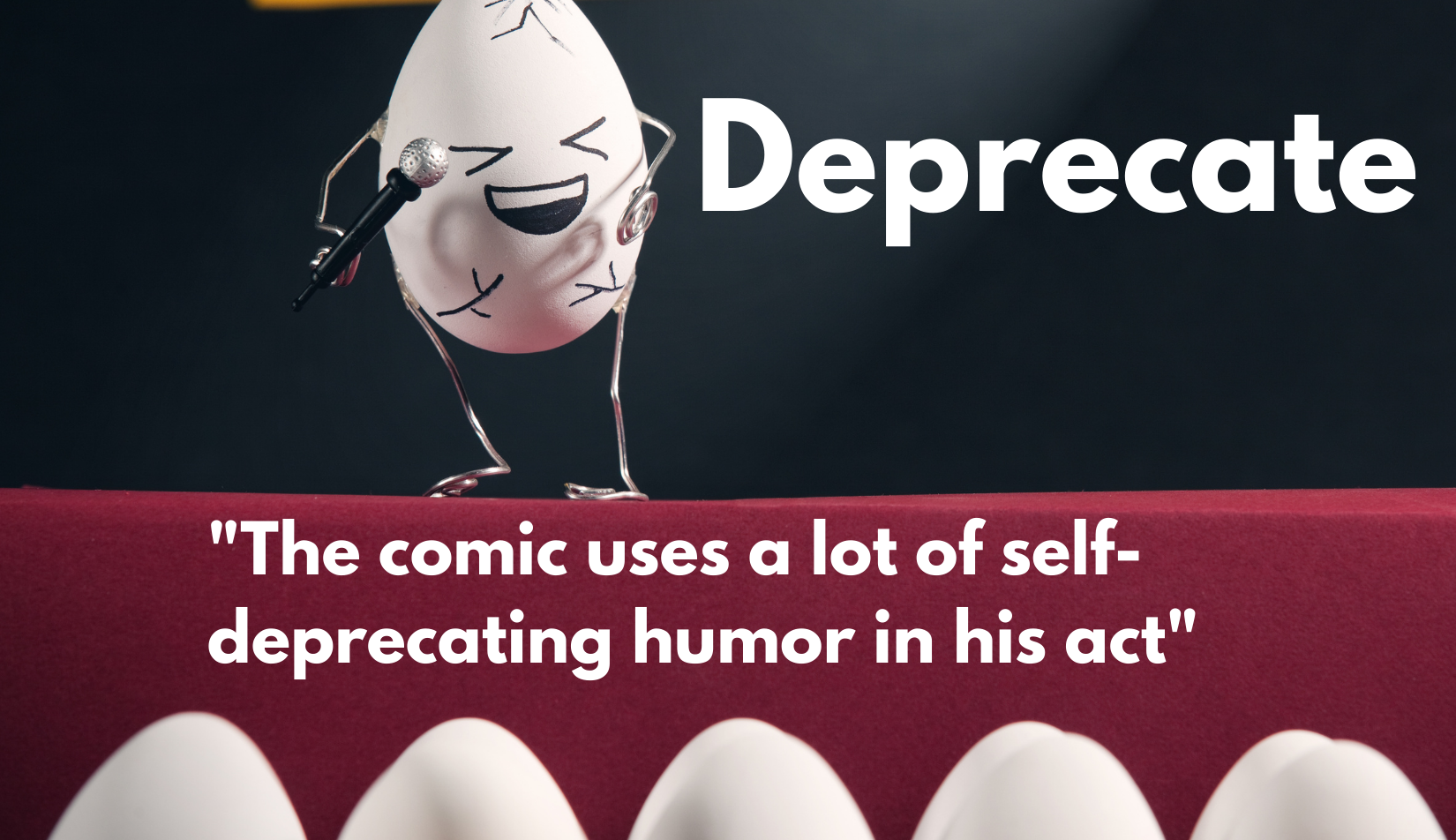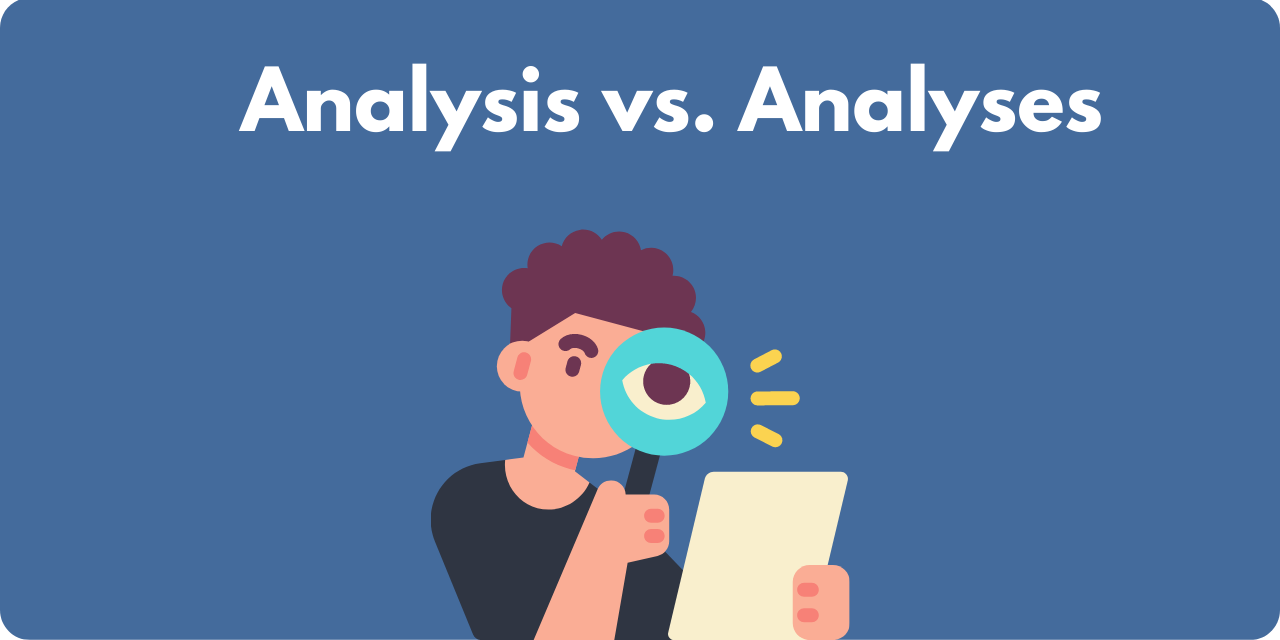There are many cases in English where words have a similar meaning or related origins, but what about a similar pronunciation? “Deprecate” and “depreciate” are common English words with Latin origins, which often cause writers and readers to mix them up!
What Does “Depreciate” Mean?
“Depreciate” is a word that comes from the Latin roots “de” (from) and “pretium” (price). Putting these roots together, the word now describes when something lowers in value from its original price. For example, you may hear that a car begins to “depreciate” once it’s taken from the lot.
When used literally, “depreciate” means that something’s value is being lowered. In addition, you can also use it figuratively to refer to lowering the symbolic value of something. For instance, you could say that when someone is negating your ideas, they are “depreciating your thoughts.”

What Does “Deprecate” Mean?
“Deprecate,” on the other hand, comes from the Latin roots “de” (from) and “precari” (pray). In other words, when you “deprecate” something, you pray it away. It was created in reference to the church, where people would “deprecate” God’s judgment.
When used without context to the church, “deprecate” can also mean “to plead against” or to “express disapproval.”

How To Use “Depreciate” And “Deprecate”
The small distinctions between these words can be confusing to a lot of English speakers. In general, “depreciate” should be used to describe when something is belittling, and “deprecate” should be used to describe the disapproval of something.
“Deprecate” isn’t too popular nowadays, and it seems as though it reached its peak usage around the 19th century. However, some popular sayings and phrases still use it, such as “self-deprecating.”
In addition to being “self-deprecating” you can also be “self-depreciating,” which means you belittle yourself. In most cases, though, these words are interchangeable in this sense.
Examples Of “Depreciate” vs. “Deprecate”
- I prefer to use self-deprecatinghumor. I feel that others become more comfortable when I make fun of my troubles.
- You must be careful when you purchase expensive luxury items. The moment you take it away from the store, its value depreciates.
- The value of my stocks has been depreciating steadily over the past few months.
- I deprecate the practice of biological testing on innocent animals.
- Unusually for modern academia, he showered praise on colleagues and deprecated his own triumphs. – The Economist
- There were massive capital outflows from its over-extended banking sector, and its currency, the krona, depreciated by 40%. – The Guardian
A New Meaning For “Deprecate”
Recently a new meaning has recently been made for the word “deprecate.” In computer science specifically, “deprecated” is an adjective that refers to a computer language command that will be made invalid in the future. In a sentence, this may look like:
- The software company was always great about updating their new software and removing old ones. For instance, they just got a message informing me that three of the programs I am using are deprecated.
Summary
To sum up, these two words can be quite tricky for the average English writer or reader. To answer the question clearly, you should use “deprecate” when describing disapproval or self-belittling. Additionally, it can be used in computer science to describe a command that will become obsolete.
In contrast, you should use “depreciate” when talking about a lowering monetary value!
Related: Now read our other articles on similar words and homophones.






